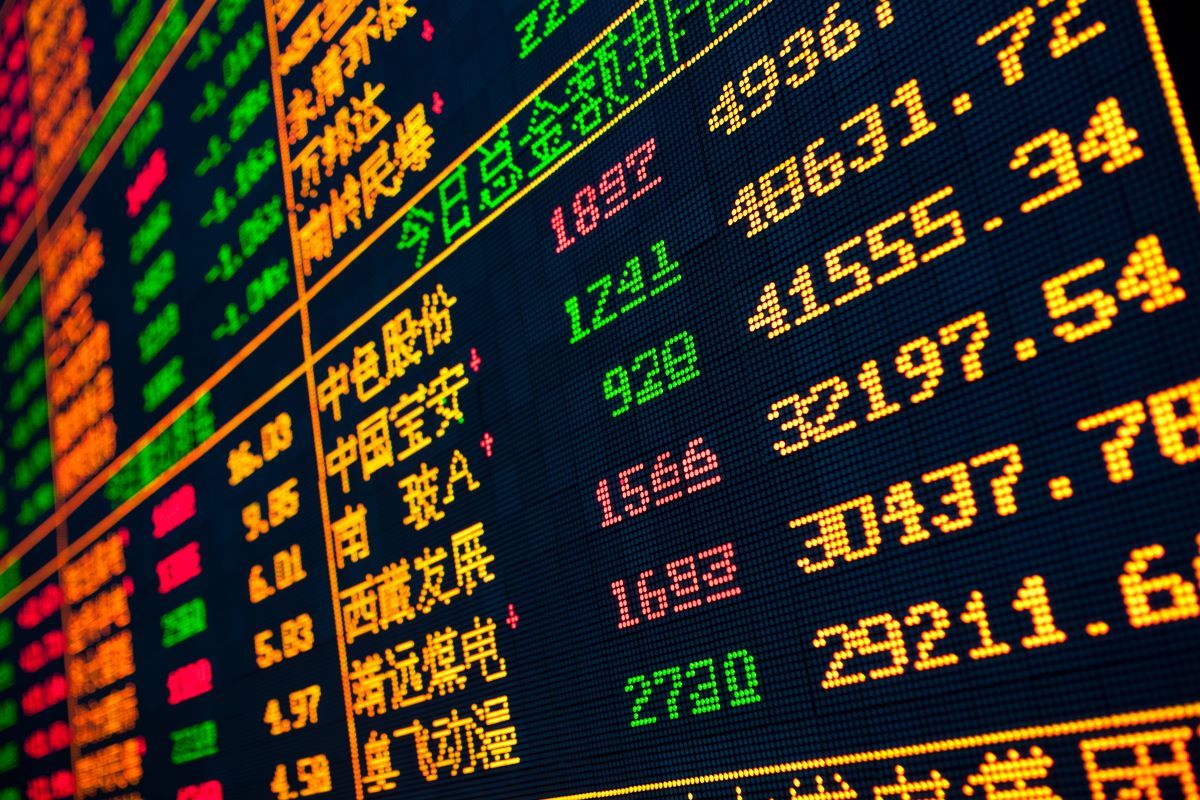China’s economy was adversely impacted by the stringent zero-Covid policy enforced by Beijing for around three years. Now, despite lifting Covid-19 restrictions last year, the country’s leadership has echoed a cautious tone by setting the GDP growth rate at around 5% for 2023. In light of this, is it a good idea to invest in China in 2023?
Here are some expert opinions on why you should.
Invest in China as consumer spending rebounds
Asset managers believe that one of the reasons to invest in China now is because the country has witnessed a steady revival in consumer spending in 2023 so far.
“Consumer spending was strong through the Chinese New Year…restaurant revenue and movie ticket sales have also exceeded 2019’s levels.…credit demand, as measured by M2 and corporate loans, has shown signs of improvement,” writes Michelle Qi, Head of Equities, Eastspring China, Eastspring Investments.
The asset manager further notes that both China’s manufacturing and non-manufacturing Purchasing Managers’ Indices (PMI) returned to above 50 in January and improved further in February, signalling a relatively broad-based recovery.
Meanwhile, Juan Mendoza, Portfolio Manager at Lombard Odier Investment Managers says that there is a cause for optimism in the short term as pent-up demand may drive sales after the removal of Covid restrictions. Furthermore, the country’s growing number of consumers and their increasing affluence is expected to bode well for the economy.
“The demand has been fueled by growing affluence in China as economic prosperity lifted millions into the middle class or above. Beyond the next two years, there is potential for more people gain discretionary income – given that roughly half of the population still lives in poorer rural areas,” writes Mendoza.
Invest in China as inflation remains low
Unlike economies in the West, China’s economy hasn’t encountered crippling inflation, and the central bank too has been in an easing mode to support growth.
Taosha Wang, Multi-Asset Portfolio Manager at Fidelity International says, “We think inflationary pressures in China will stay manageable this year…runaway price increases swept across Western countries when they reopened after lifting restrictions. But in China, which made a sharp U-turn on zero-Covid late last year, both supply and demand factors are pointing to inflationary pressures staying low.”
Additionally, the asset manager says that the mild inflation would help China in avoiding tightening monetary conditions, while a soft recovery continues. “Investors should watch out for inflation risks in areas such as housing and pork prices. Inflation may accelerate if recovery in the property market exceeds expectations, or if pork prices enter a new upcycle in the second half of this year,” says Wang.
Invest in the A-Share market and real estate sector
Eastspring’s Michelle Qi believes that there is an upside for China A-shares, providing ample opportunities for active investors to invest in China.
“The China A-share market has rallied 12% since November, following optimism of China’s re-opening…the market’s initial rally was led by investors’ desire for greater beta exposure and had largely benefitted benchmark and large capitalization stocks,” writes Qi.
Eastspring sees alpha opportunities and inflows in sectors such as Electric Vehicle (EV) and EV supply chains, renewables, healthcare, and advanced manufacturing industries.
Furthermore, the asset manager expects the Chinese real estate sector to be less of a burden on economic growth in 2023 than it was the year before. “We expect the overall property market to stabilise and see some turnaround no later than in the second half of 2023,” says Eastspring’s Qi.
On the other hand, Fidelity International in a report says that even if homebuyers return en masse, it is unlikely that China’s property market will return to its former glory.
“Outgoing premier Li Keqiang said in his annual government work report on March 5 that China will prevent disorderly expansion by property developers and promote the sector’s stable development. Longer term, demand will drop in tandem with demographic changes, as the population shrank last year for the first time in six decades,” writes Victoria Mio, Head of Equity Research, Asia Pacific, Fidelity International.
Invest in China for positive impact on global markets
One of the key reasons to invest in China, as Keith Wade, Chief Economist at Schroders points out, is that the country’s economic growth would positively affect the rest of the world.
“Faster growth in China mechanistically raises our global forecast. After all, China accounts for roughly one-fifth of global output, meaning that every 1 percentage point increase in GDP growth automatically adds 0.2 percentage point to the world aggregate,” writes Wade.
“Besides impacting commodity prices, China will affect Asia via the tourism and trade channels. Asia is one of the key destinations for Chinese outbound travel and should enjoy tailwinds as Chinese tourists return,” as per Eastspring Investments.


 Australia
Australia China
China India
India Indonesia
Indonesia Japan
Japan Malaysia
Malaysia Philippines
Philippines Singapore
Singapore South Korea
South Korea Taiwan
Taiwan Thailand
Thailand Vietnam
Vietnam







